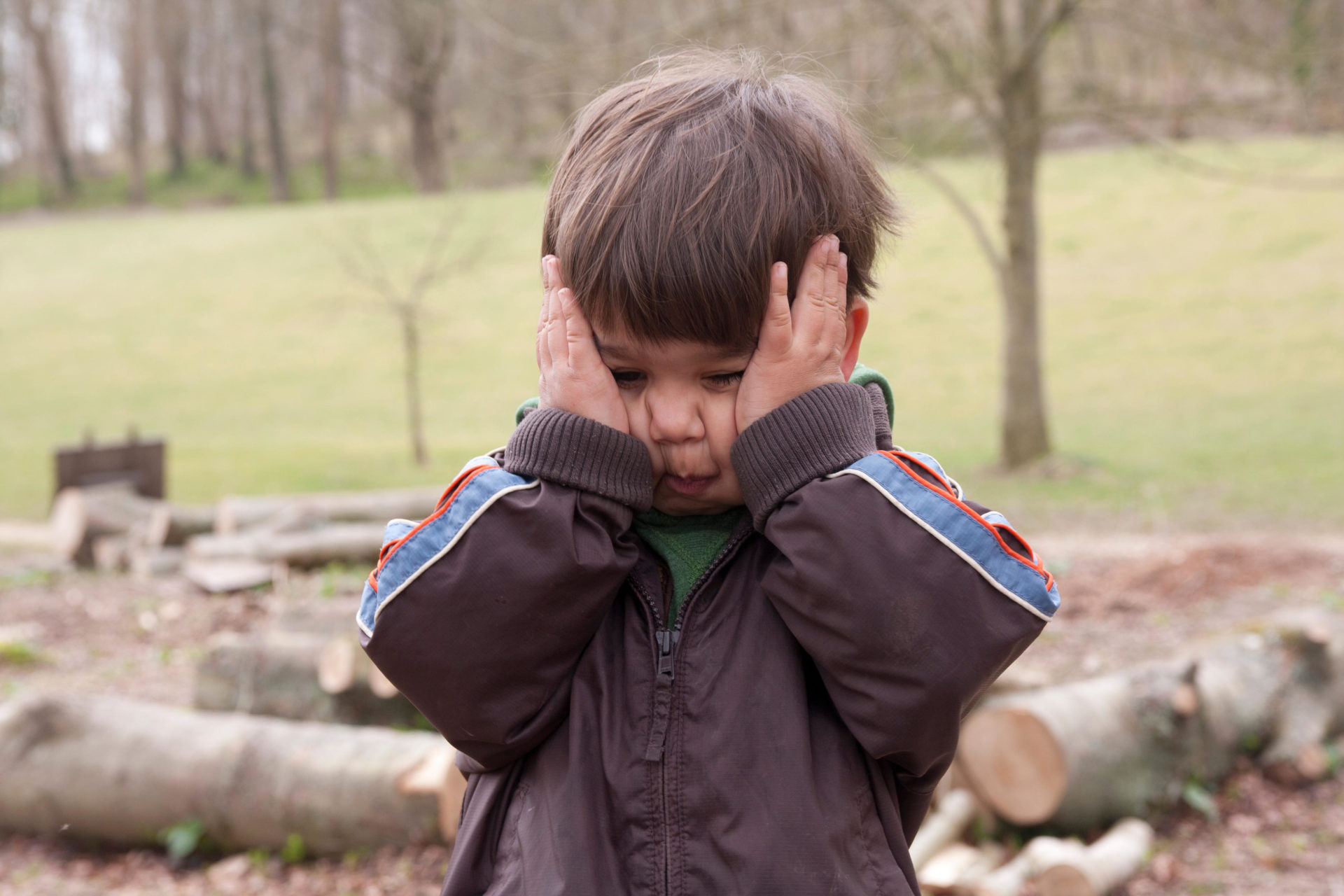This week on Parenting, one letter writer asked for advice on how to help their son come to terms with the fact that an argument seems to have ended one of his friendships.
“My son is seven years old,” they told Moncrieff.
“A few months ago, a new family moved in down the road with a kid of a similar age.
“My son idolises him. They played happily together for ages, but there was a tiff in the summer.
“The other child was very nasty and refused to apologise.
“I’m mindful of letting my son fight his own battles, make his own judgement about what’s kind and okay, etc, but he’s desperate for the child’s approval and apology.
“Including running down to his house with tenners from my wallet, offering to pay for an apology and getting the friendship back, even though he wasn’t wrong in the first place.
“The apology is not forthcoming, and this kid has already told him he’s not saying sorry and doesn’t want to be his friend anymore.
“How do I get my son to forget about this kid, or at least stop begging for his approval?”
 Little moody boy. Image: Angela Hampton Picture Library / Alamy. 3 April 2016
Little moody boy. Image: Angela Hampton Picture Library / Alamy. 3 April 2016Family psychotherapist Joann Fortune said the letter writer's son’s reaction is unsurprising, given that it is likely his first time coming up against this type of problem.
“You know the way kids fall out and they go, ‘You say you’re sorry, you say you’re sorry, now everyone’s back on track’,” she said.
“That tends to be the preparation we give our kids, you know, ‘Say you’re sorry, come on now, move forward, get on with it’.
“So, this is the first time he’s come face-to-face with somebody digging their heels and going, ‘No, I won’t say sorry because I’m not sorry, I don’t care if we’re friends or not’.”
'Profound sense of justice'
Joanna said that kids typically develop a “pronounced sense of justice and fairness” around this age, which has led to the two children getting “locked into this little loop”.
“I’d say it’s very hard for this little boy to understand that somebody could behave so badly and not be sorry about it,” she said.
“So, that’s the piece he needs help with.
“I would stay away from the parents of this other child; these are your relatively new neighbours, I wouldn’t get involved in all that.
“I would just focus on helping him understand that sometimes there are ruptures or rows that you don’t make up from, and it’s sad and it’s frustrating.”
According to Joanna, it would help to remind this little boy of all the other good friends he has.
She said that it has to be explained to him that although the situation is upsetting, he has to respect that his neighbour has ended the friendship.
Joanna also said that acting the situation out with toys could be helpful.
Main image: Two kids fighting. Image: Leila Cutler / Alamy. 28 August 2009









